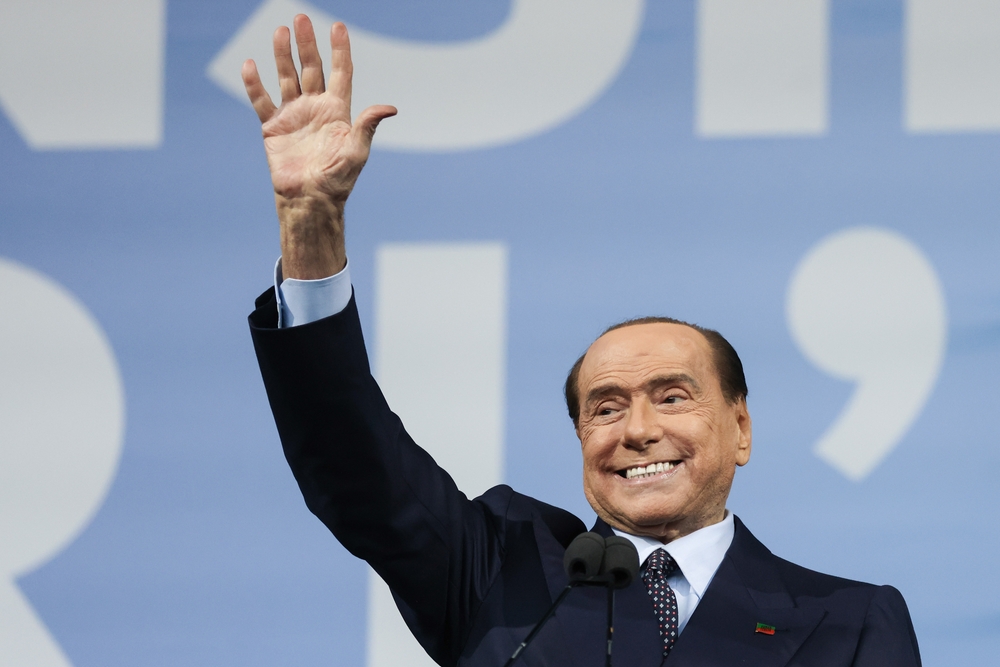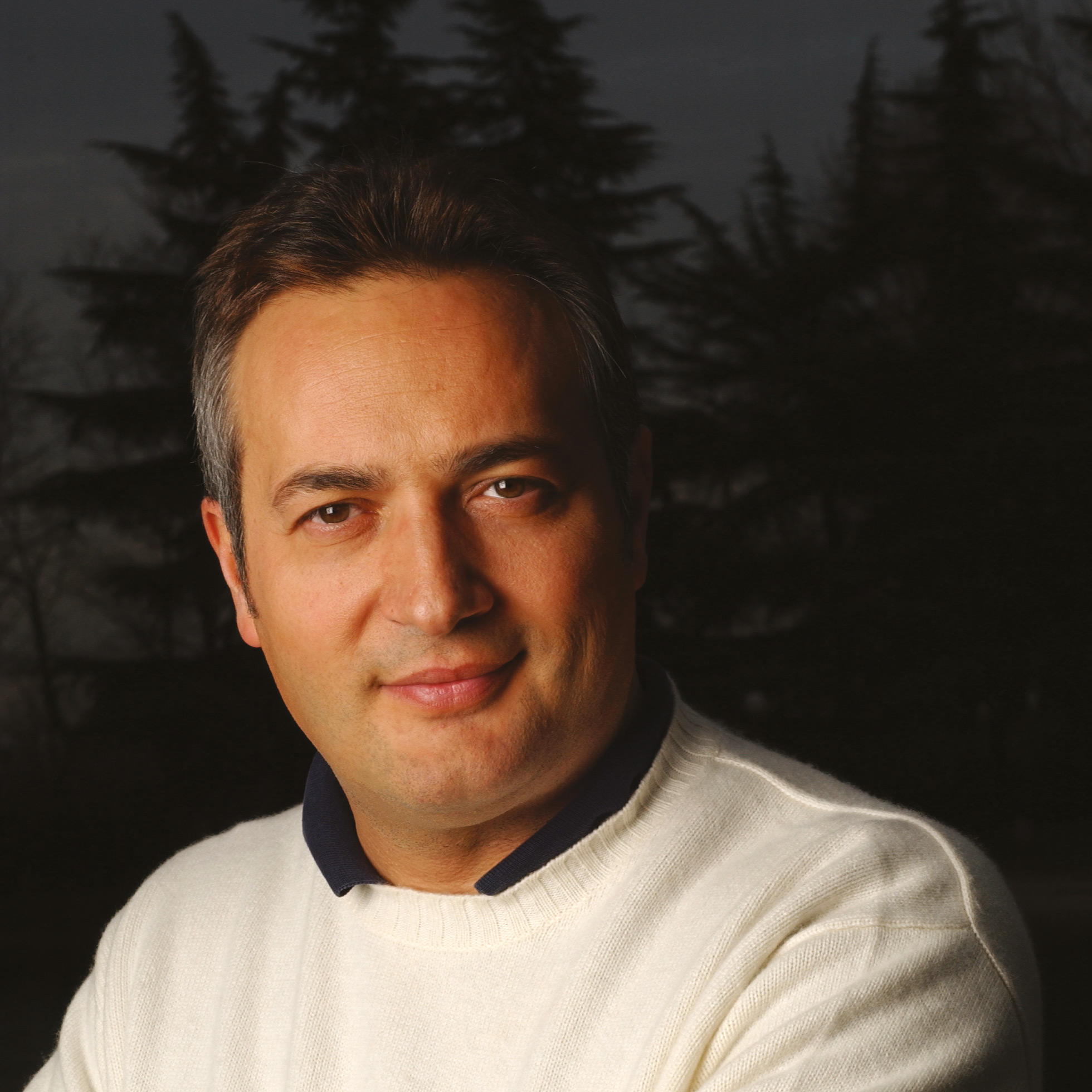Rarely has the Italian public debate been so focused on the relationship between politics and the judiciary. Apart from the intense, and perhaps unrepeatable, period of Tangentopoli, one must think back to the legendary clashes during Berlusconi’s era, or the far less contentious disputes of the Renzi years, to find a comparable level of tension.
What sets the current phase apart is the absence of a single leader explicitly involved. Instead, the spotlight is on a political issue: the government’s immigration policy. While this distinction might seem insignificant, it is far from it. At stake, as Justice Minister Carlo Nordio emphasized in his interview with Corriere della Sera, are fundamental principles—the practical operability of governance and mutual respect founded on a clear delineation of powers.
To ordinary citizens, the debate may appear abstract, but for political scientists, it strikes at the very heart of the democratic system. It could culminate in inertia, reaffirming a status quo that satisfies no one, or trigger an unprecedented acceleration in the Republic’s recent history. The outcome hinges on Giorgia Meloni, the stability of her government, and the intricate game of reforms: justice, autonomy, and the premiership.
If the League stumbles over Calderoli’s reform, the judiciary may rest easy. But if progress is made, Forza Italia—now with Silvio Berlusconi watching from above—stands poised to achieve what he could not in life: a separation of judicial careers and civil liability for judges. Merry Christmas…


